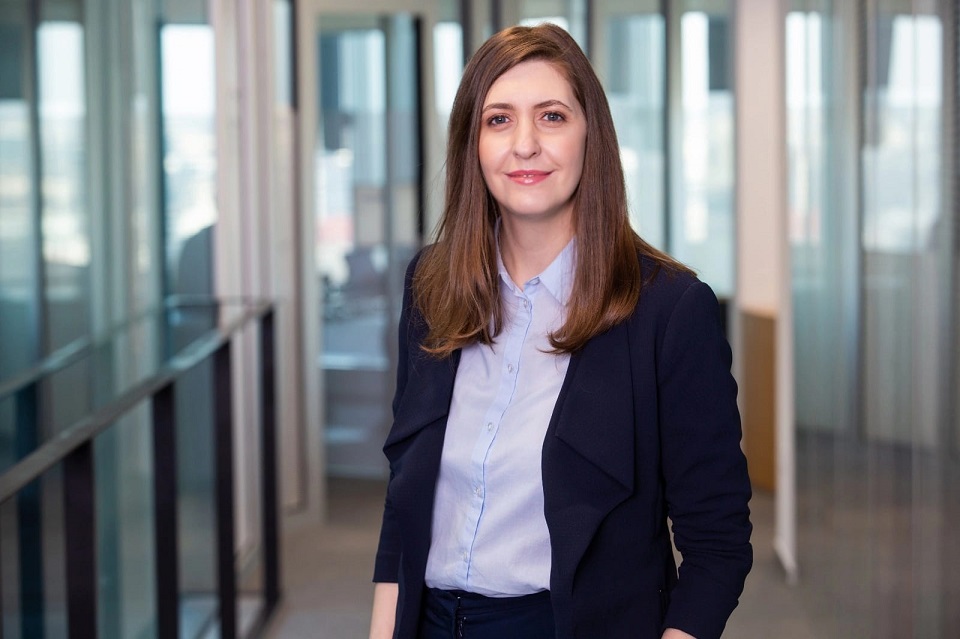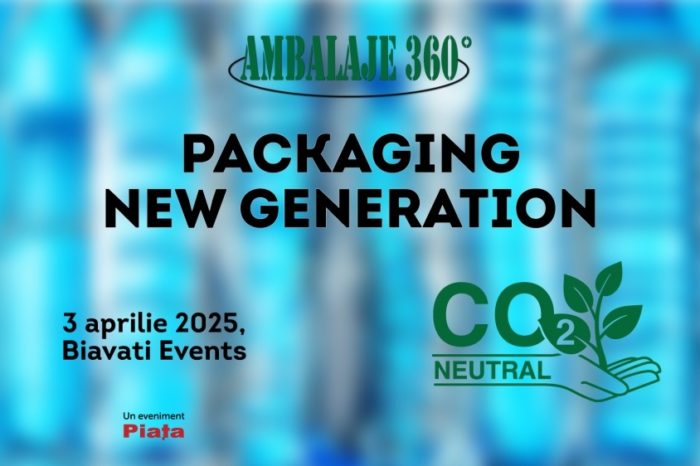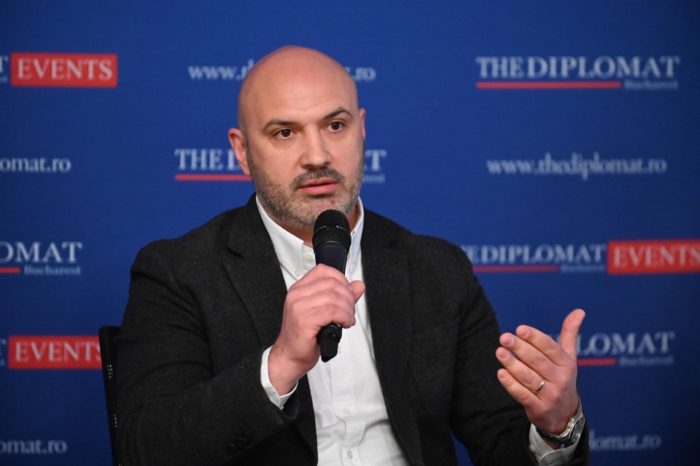Cristina Sima, TenarisSilcotub: “The steel industry has an important role in the implementation of a complete circular economy”

“TenarisSilcotub is the most important Romanian manufacturer of small diameter seamless pipes, used in the energy, mechanical and automotive industries. We have over 1,700 employees in Romania and we operate an integrated industrial system to ensure our sustainability. Even if the steel industry is not part of the 7 areas mentioned by the European Commission, we consider that it has an important role in the implementation of a complete circular economy.
Steel is the only material today that can meet the future challenge of the circular economy. Steel can be recycled indefinitely without losing its original properties,” Cristina Sima, Environment Senior Manager, TenarisSilcotub said during Circular Economy Conference organized by The Diplomat-Bucharest.
“Traditionally, steel is produced in the furnace, using agglomerate of carbon, iron ore and coke. Tenaris decided many years ago to adopt the new EAF (electric arc furnace) production technology, which is based on scrap iron and electricity. Thus, we went from a linear economy to a circular economy by using scrap metal.
Starting from steel recycling, we found other solutions for the generated waste, having 5 types of waste that we use as alternative materials in the production process.
Given the chosen production method (EAF), the most efficient way to reduce CO2 emissions is to reduce electricity consumption. Thus, we are constantly looking for alternative materials to help us generate and sustain energy for smelting scrap metal.
What is the local impact? We have two benefits: the use of alternative materials that help us conserve non-renewable raw materials and reduce CO2 emissions through reuse, recycling and energy efficiency.
There are 2 major challenges in the Romanian market: the lack of technology and the lack of an incentive system. The biggest challenge related to the technology is its development so that it can process as many alternative materials and as many types of waste as possible, but also the active pursuit of a technology based on the use of hydrogen.
Regarding the incentive system, we believe that one of the directions should be to create a balanced system of bonus malus so as to create an economic reasoning for more companies to choose this direction.
In short, technology and an incentive system are our challenges in Romania at the moment.
We have several internal workplace accountability initiatives. We are committed to reducing the use of plastic products, but also to reducing the use of paper through the digitization process. We also have the Retrofeed project within the EU’s Horizon research and innovation program, which aims to develop a technology for injecting alternative materials into the electric arc furnace. In our case, we will test the injection of rubber and plastic in the oven in the steelworks in Calarasi to generate and have that energy with which to manage to reduce electricity consumption.
Last but not least, we invest in increasing energy efficiency, in addition to the use of energy from renewable sources.”
A graduate of the Academy of Economic Studies in Bucharest, with a master’s in project management, Cristina Sima started her career with a one-year internship in Tenaris.
Since 2021, Cristina Sima holds the position of Environment Regional Sr. Manager at TenarisSilcotub Romania, the most important steel pipe manufacturer in Romania.
She has been part of the Tenaris team for 10 years, where she has had an impressive professional career, occupying various strategic positions. Currently, her activity focuses on 3 levels: environmental protection, by coordinating, defining and implementing the environmental protection strategy, monitoring the implementation of the decarbonization plan and promoting and stimulating environmental awareness within the company; management control, by ensuring the implementation of appropriate procedures and legal updates and defining the necessary investments in accordance with the improvement plans and legal requirements; and coordinating the Environment department.
Full recording of the conference: https://www.youtube.com/watch?v=oonbexyNmcw&t=9905s













